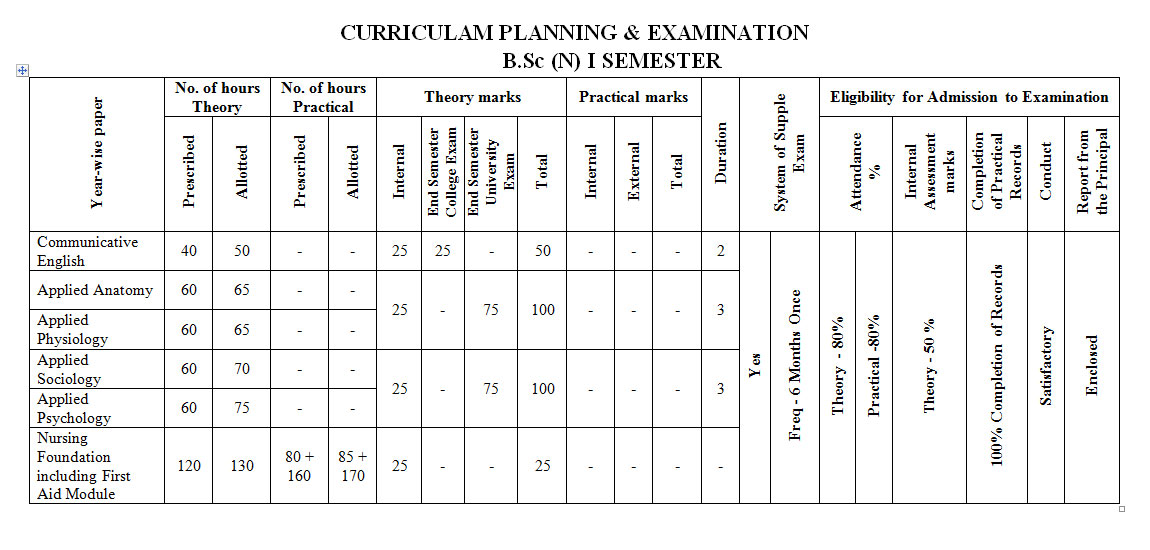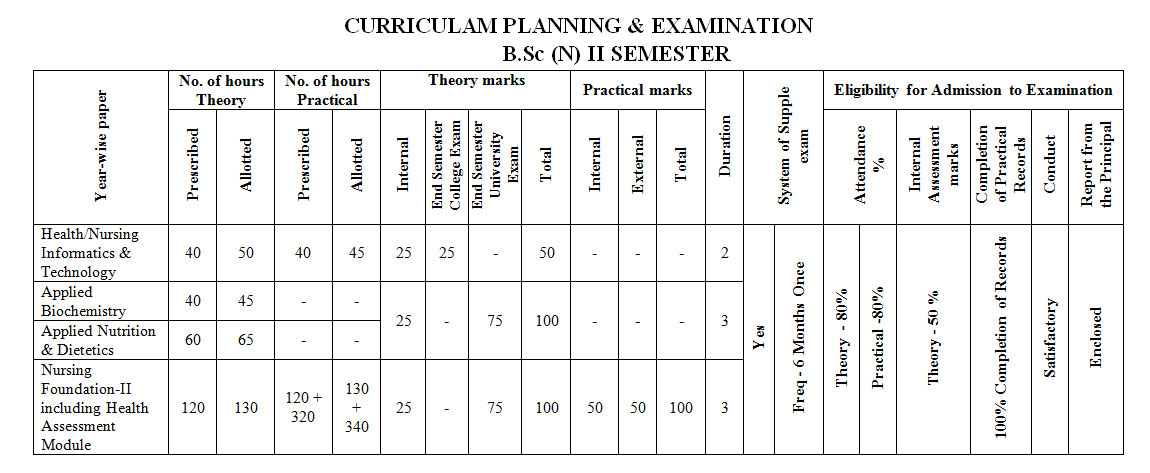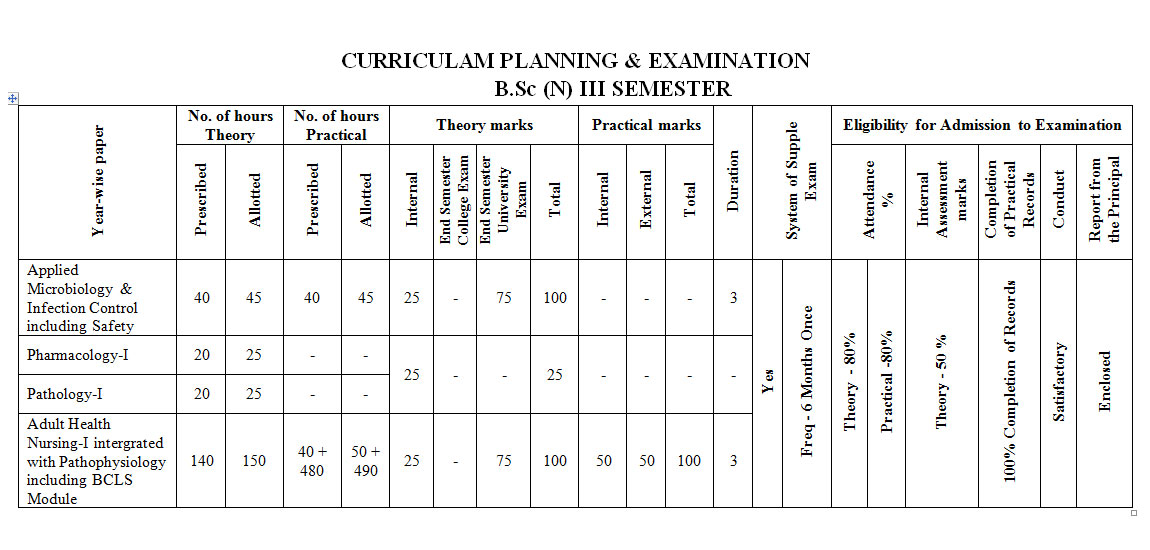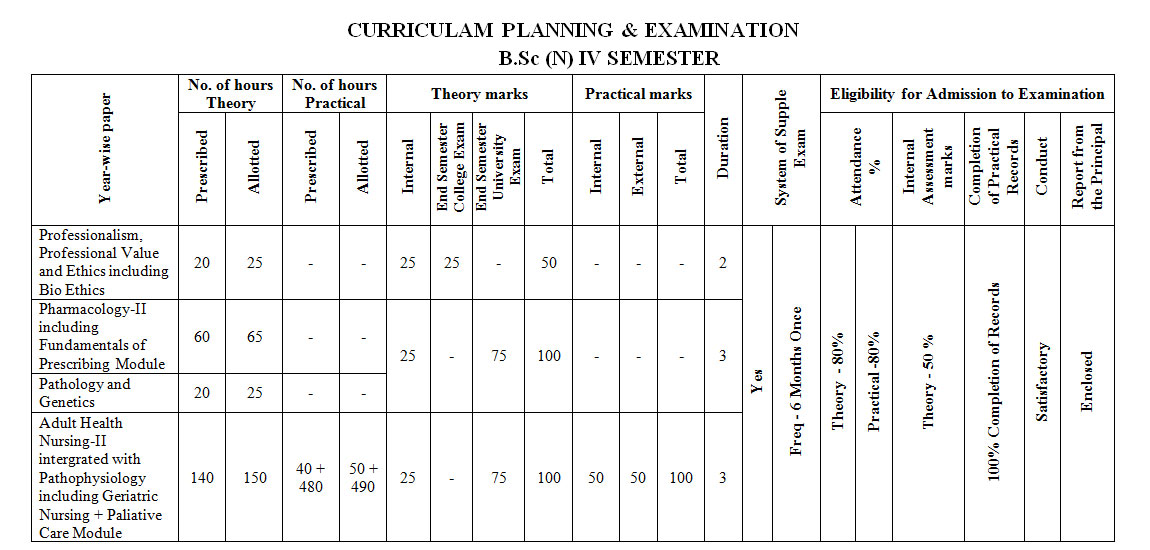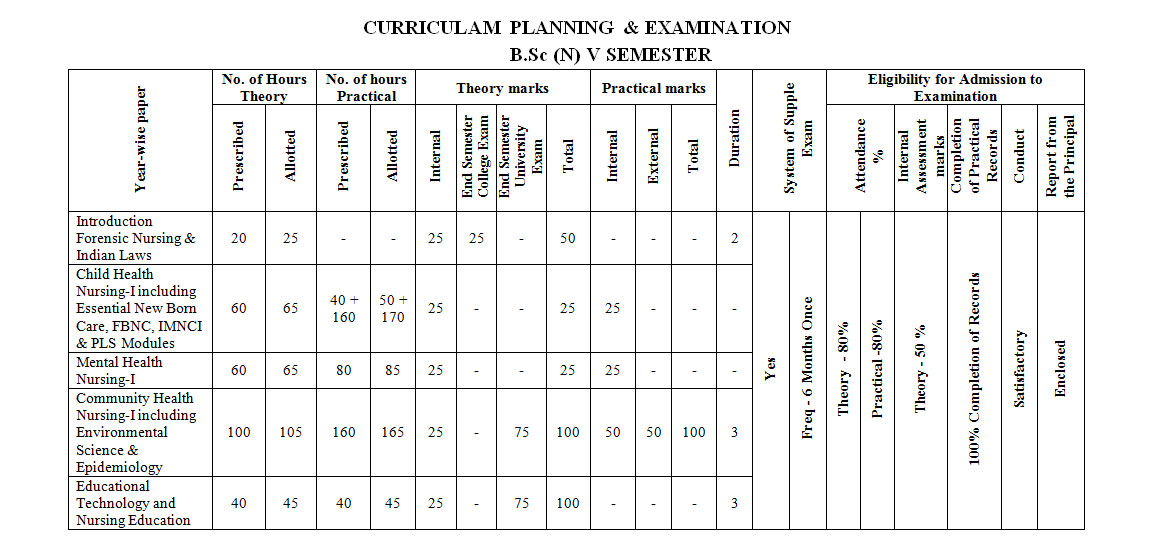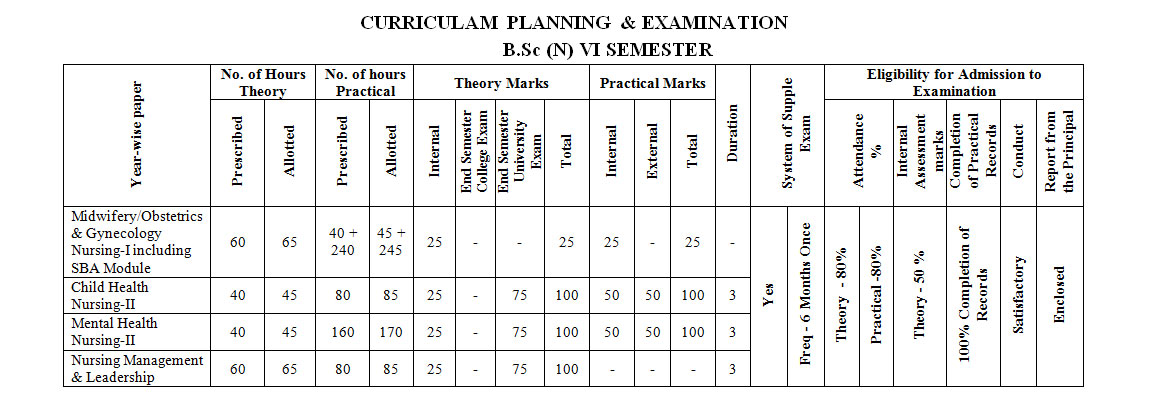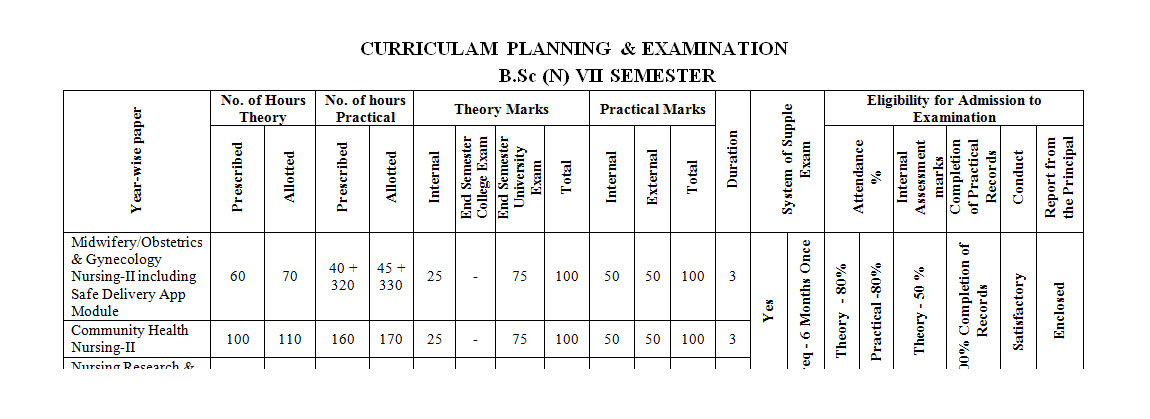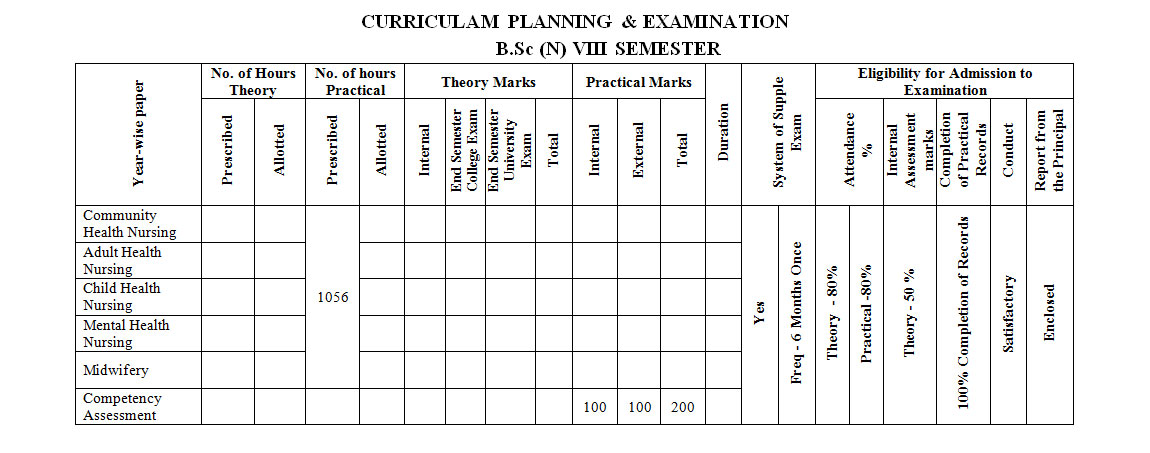Short Details:
- Duration: 4 Years
- Eligibility: 10+2 Science
- Marks: Minimum 50% Marks
- Enrolled: 60 students
- Language: English
- Certificate: Yes


These courses provide a fundamental understanding of biological sciences, including Anatomy, Physiology, Biochemistry, and Microbiology. They lay the groundwork for understanding the human body and its functions, which are essential for nursing practice.
They cover topics such as Nursing Fundamentals, Medical-Surgical Nursing, Pediatric Nursing, Obstetric and Gynecological Nursing, Psychiatric Nursing, and Community Health Nursing. These courses provide theoretical knowledge and practical skills necessary for nursing care across different specialties and settings.
Admission Process: Admission to B.Sc. Nursing programs is usually based on entrance exams conducted by the respective university or state-level entrance exams. MGR University might have its own entrance exam or could consider national-level entrance exams like NEET.
Curriculum: The curriculum generally includes theoretical and practical training in various aspects of nursing, including Anatomy, Physiology, Biochemistry, Microbiology, Nutrition, Pharmacology, Pathology, Community Health Nursing, Medical-Surgical Nursing, Pediatric Nursing, Mental Health Nursing, Obstetrics, and Gynecological Nursing.
Clinical Training: Alongside theoretical classes, students undergo clinical training in hospitals associated with the university to gain practical experience in nursing care.
Internship: After completing the academic curriculum, students usually undergo a compulsory internship or residency program, where they work under the supervision of experienced nurses and doctors to gain hands-on experience in various healthcare settings.
Throughout the program, emphasis is placed on professional development, including communication skills, leadership skills, ethical principles, and legal aspects of nursing practice. Students also learn about healthcare systems, health promotion, patient advocacy, and cultural competence.
The minimum age for admission shall be 17 years on 31st December of the year in which admission is sought. The maximum age limit for admission shall be 35 years
Minimum Educational Qualification
Colour blind candidates are eligible provided that colour corrective contact lens and spectacles are worn by such candidates.
Candidate shall be medically fit
Married candidates are also eligible for admission.
Students shall be admitted once in a year.
Selection of candidates should be based on the merit of the Entrance Examination.



B.Sc Nursing Course Syllabus
The syllabus for a B.Sc. Nursing course typically encompasses a comprehensive study of foundational sciences, nursing theory and practice, clinical training, and professional development.
